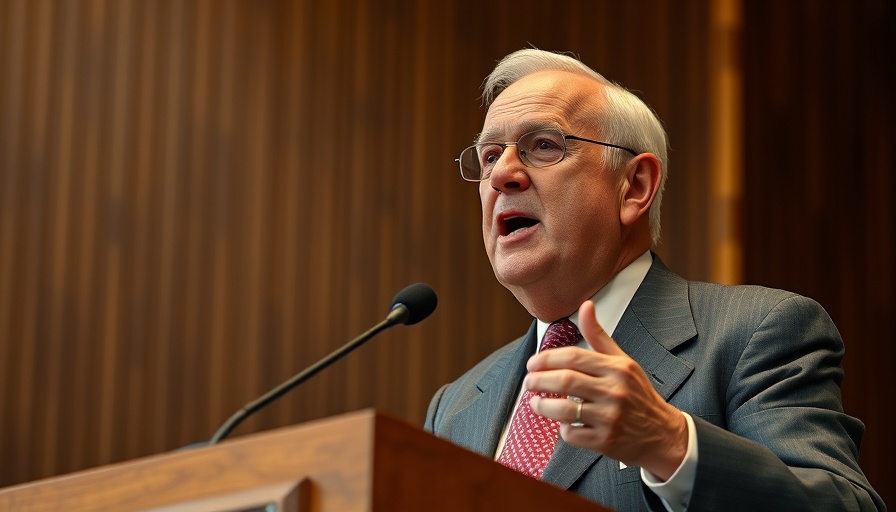
Critical Role of the U.S. Preventive Services Task Force
The U.S. Preventive Services Task Force (USPSTF) has played a vital role in guiding preventive healthcare since its establishment in the 1980s. Recently, HHS Secretary Robert F. Kennedy Jr. proposed dismissing all 16 members of this non-partisan body, a decision that has sparked significant backlash from the American Medical Association (AMA).
The AMA emphasizes the essential role of the USPSTF in providing recommendations for preventive services under the Affordable Care Act (ACA), which benefits around 100 million Americans by ensuring they receive crucial screenings and preventive care without cost.
Concern Over Political Influence on Healthcare
Critics argue that Kennedy's move to potentially reshape the USPSTF could be driven by political motives, especially given the rising concerns about “woke” ideologies influencing federal health initiatives. This sentiment seems to parallel shifts seen in other health advisory committees, such as the Advisory Committee on Immunization Practices, which faced significant criticism for changes in its membership that critics deemed politically motivated. As public health leaders voice their concerns, it becomes increasingly important to ask how decisions made at the top could impact health recommendations that directly affect millions.
The Importance of Non-Partisan Guidelines in Health
The controversy surrounding the potential overhaul of the USPSTF raises critical questions about the future of preventive healthcare guidelines. The AMA's letter to Kennedy serves as a reminder of the significance of maintaining a body that functions independently of political agendas. The guidelines set forth by the USPSTF are pivotal in shaping health policies and ensuring inclusivity, accessibility, and effectiveness in preventive care services.
What Lies Ahead for Preventive Healthcare?
As discussions about the potential changes unfold, it is crucial for stakeholders—patients, healthcare providers, and policymakers alike—to advocate for transparent processes and leave scientific integrity at the forefront of healthcare decisions. The implications of these decisions not only affect current healthcare policies but also shape the future landscape of healthcare in the United States.
With preventive services being integral to public health, the ongoing dialog must emphasize the importance of preserving expertise and experience in advisory roles to protect the health of all Americans. By ensuring that politics do not interfere with healthcare guidance, we can better safeguard the health and well-being of our communities.
 Add Row
Add Row  Add
Add 




Write A Comment